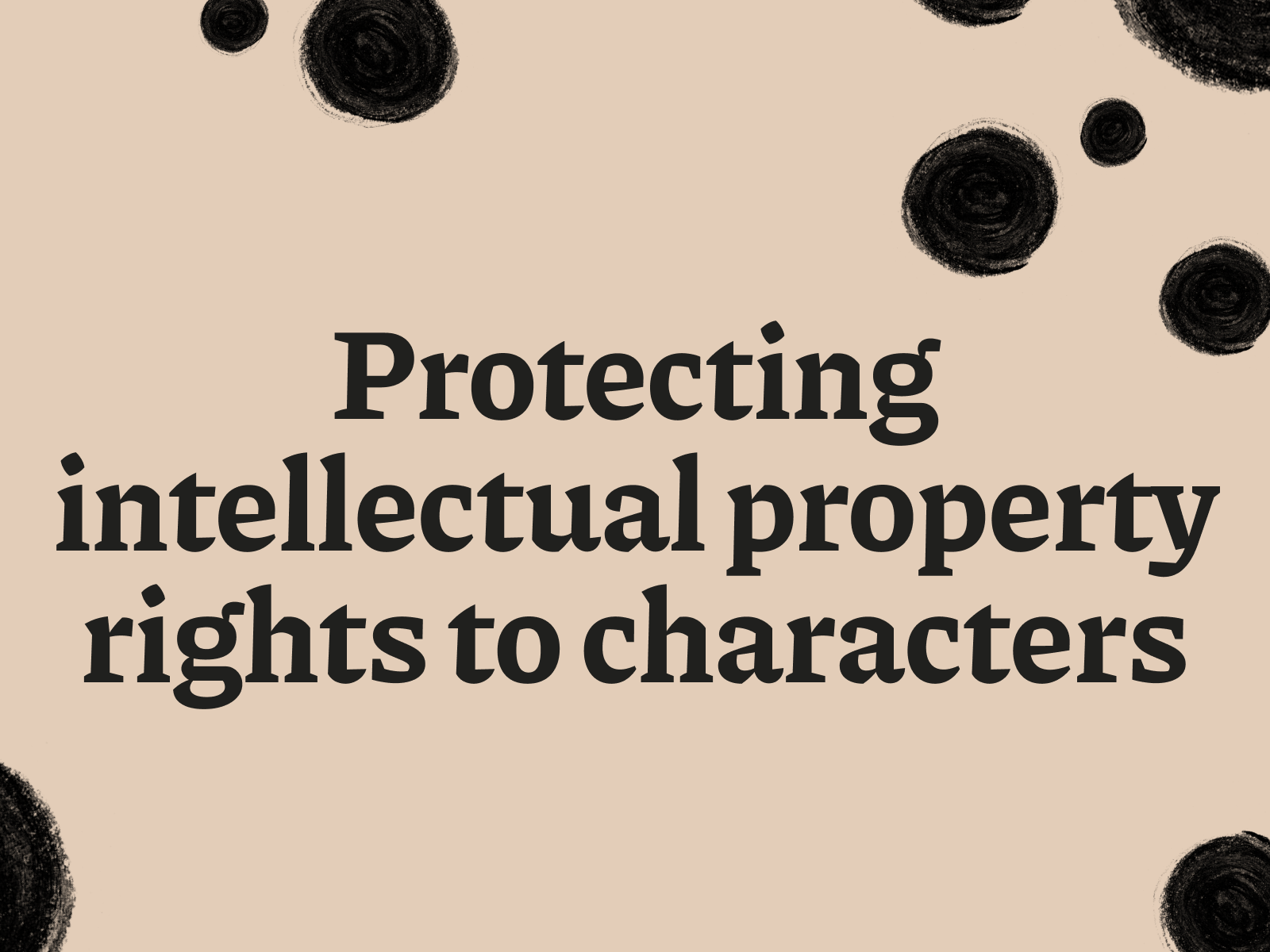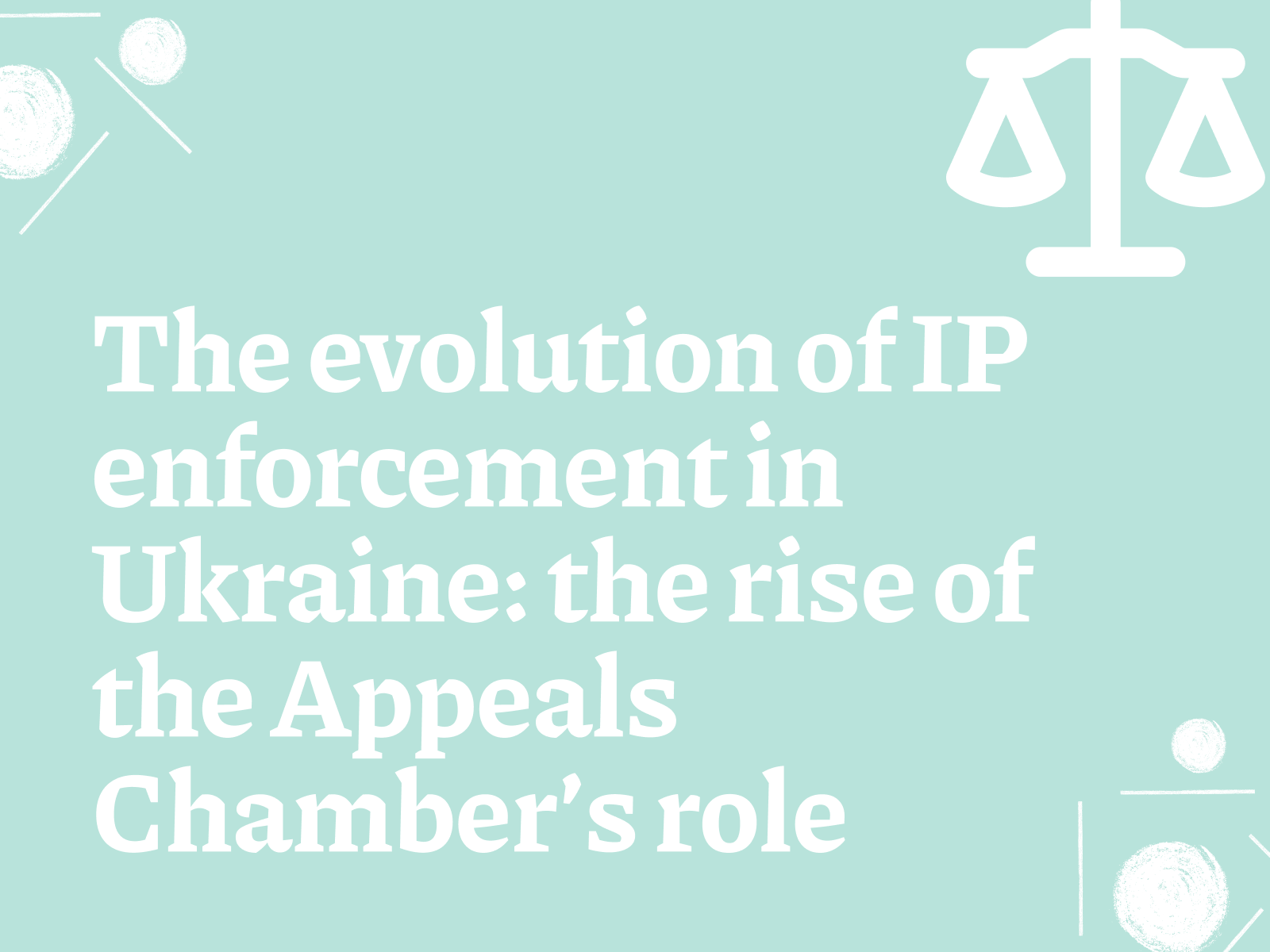If it’s a parody, it’s a good one…
What do you know about parodies? It’s a comedic satirical genre, but not only that. For well-known brands, parodies can be an Achilles’ heel, as they can easily cross the line from a good joke to an infringement of intellectual property rights.
Differentiating between plagiarism and parody
A book, film, TV show, or even a trademark can be the subject of a parody. Russian writer Dmitry Yemets attempted to argue that his book, ‘Tanya Grotter and the Magic Double Bass’, was not a plagiarism of J.K. Rowling’s original works, but rather a parody of the wizarding world created by Rowling. In the realm of copyright, parody, caricature, and pastiche are considered expressions of creativity and freedom of expression, and therefore are not seen as copyright infringement. However, the Dutch court did not accept this argument, noting that the level of borrowing in Yemets’ book went beyond the boundaries of satire. This highlights the difference between plagiarism and parody. On the other hand, a successful example of a satirical literary parody is Aldous Huxley’s dystopian novel, ‘Brave New World’, which was a response to H.G. Wells’ utopian works, ‘Modern Utopia’ and ‘Men as Gods’
Following the rules when creating a parody
A trademark can also be parodied. A parody trademark always incorporates an element of satire, ridicule, humor, or fun. The essence of a parody lies in its humorous distinction from the original mark. However, what about the fact that a parody is based on someone else’s intellectual property? Does this constitute infringement?
Approaches to parody trademarks vary from country to country. Some national laws do not specifically address ‘trademark parody’. In Ukraine, for example, the issue of parody trademarks is not separately regulated. A similar situation is observed in the United Kingdom. On the other hand, the United States of America and the European Union have developed approaches to determine the boundaries between fair use and trademark infringement. In summary, to avoid becoming a victim of your own joke, you should follow these simple rules:
(a) A parody trademark must not mislead consumers regarding the origin of goods or services. Consumers should not believe that a particular good or service is derived from a parody spin-off or that the parody and original trademarks are commercially related.
(b) The parody trademark must not dilute the distinctiveness of the original trademark.
(c) A parody trademark must contain elements of satire, criticism, or ridicule.
(d) The parody trademark must be used in good faith, without the intention of misleading consumers or causing damage to the original brand and its reputation.
Profitability of the parody genre
Parody marks can be divided into two types:
(a) Non-commercial parodies: These serve to draw attention to specific issues. There are no issues with using such trademarks, as it falls under the fundamental right to freedom of expression. Typically, their use is not considered an infringement of the original trademark. For example, in 1984, in Germany, the NGO Aktive Heidelberger Nichtraucher used the designation ‘Mordoro’ as a parody of the Marlboro trademark on a non-smoking calendar they distributed.
(b) Commercial parodies: These are more complex as they are used in relation to specific goods or services. However, a commercial nature does not necessarily indicate infringement. If the trademark meets the aforementioned requirements (not misleading, does not dilute the trademark, is satirical, and used in good faith), its use will be lawful.
A good example of a legitimate parody mark is ‘Chewy Vuitton’. The court ruled that the use of the Chewy Vuitton trademark did not infringe upon the Louis Vuitton trademark, as there were significant differences between the stylized dog toys, which were a simplified imitation of the Louis Vuitton trademark, and the original Louis Vuitton products.









